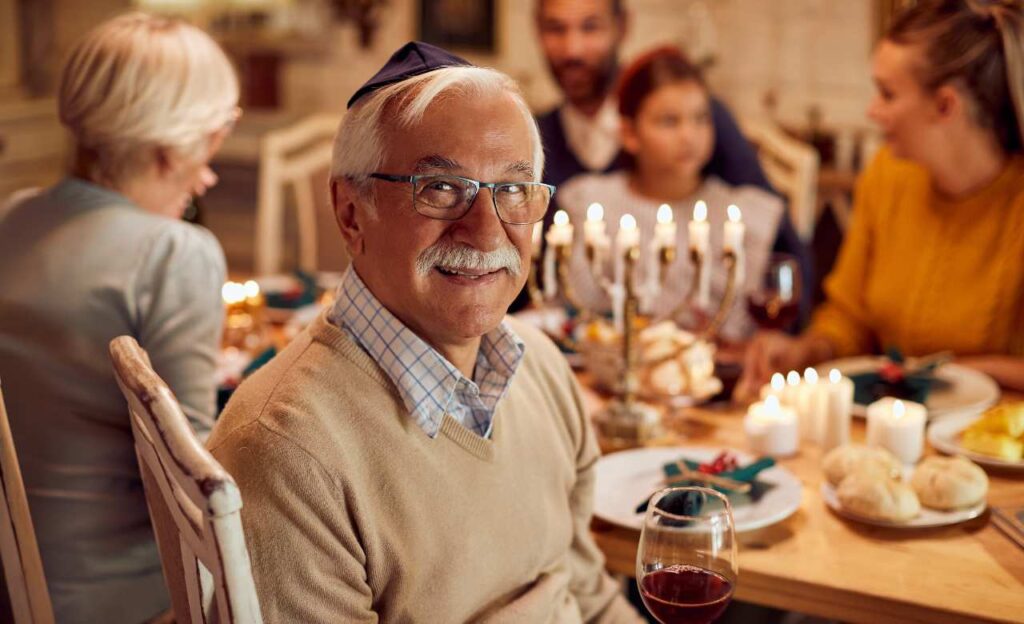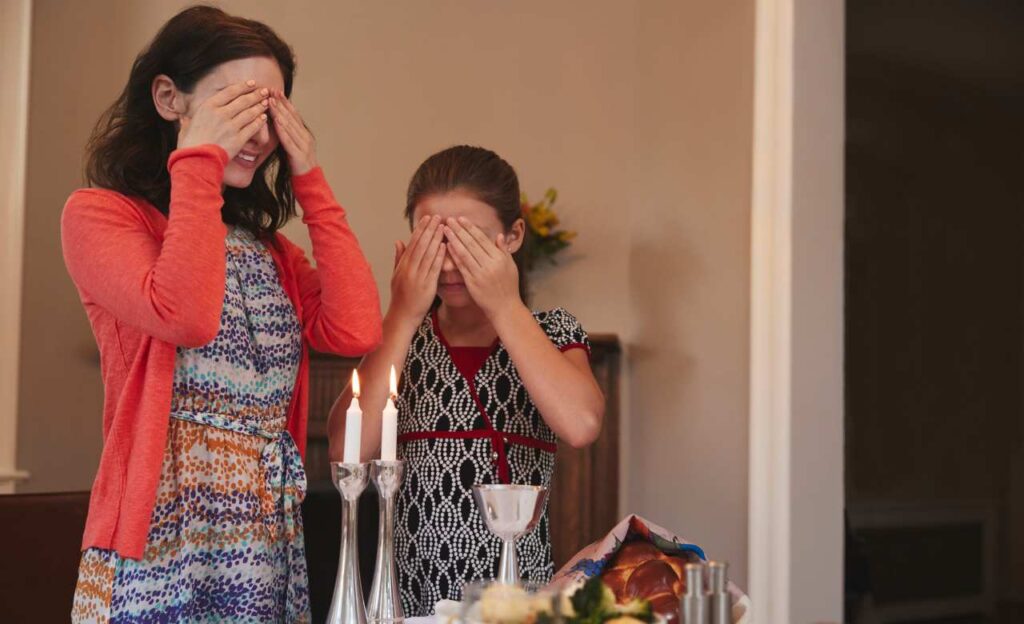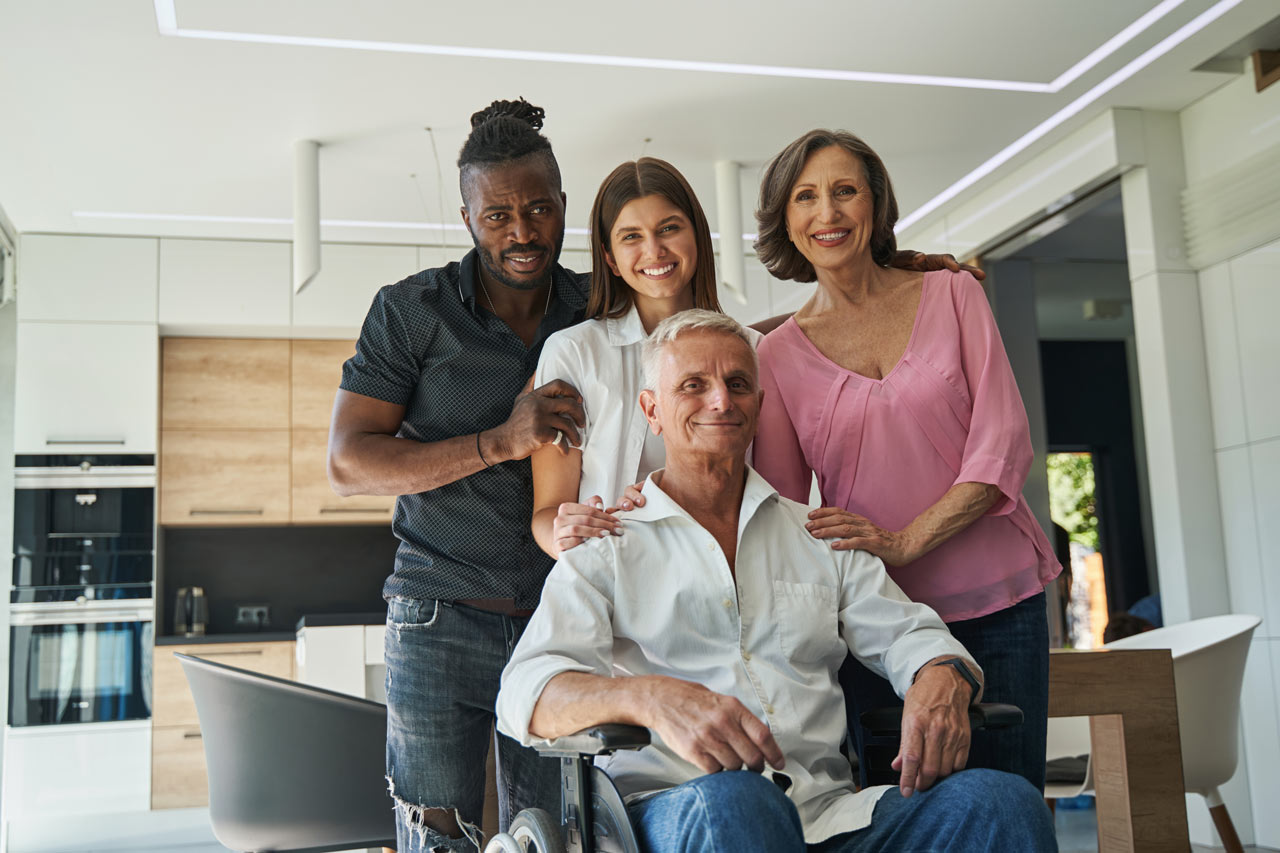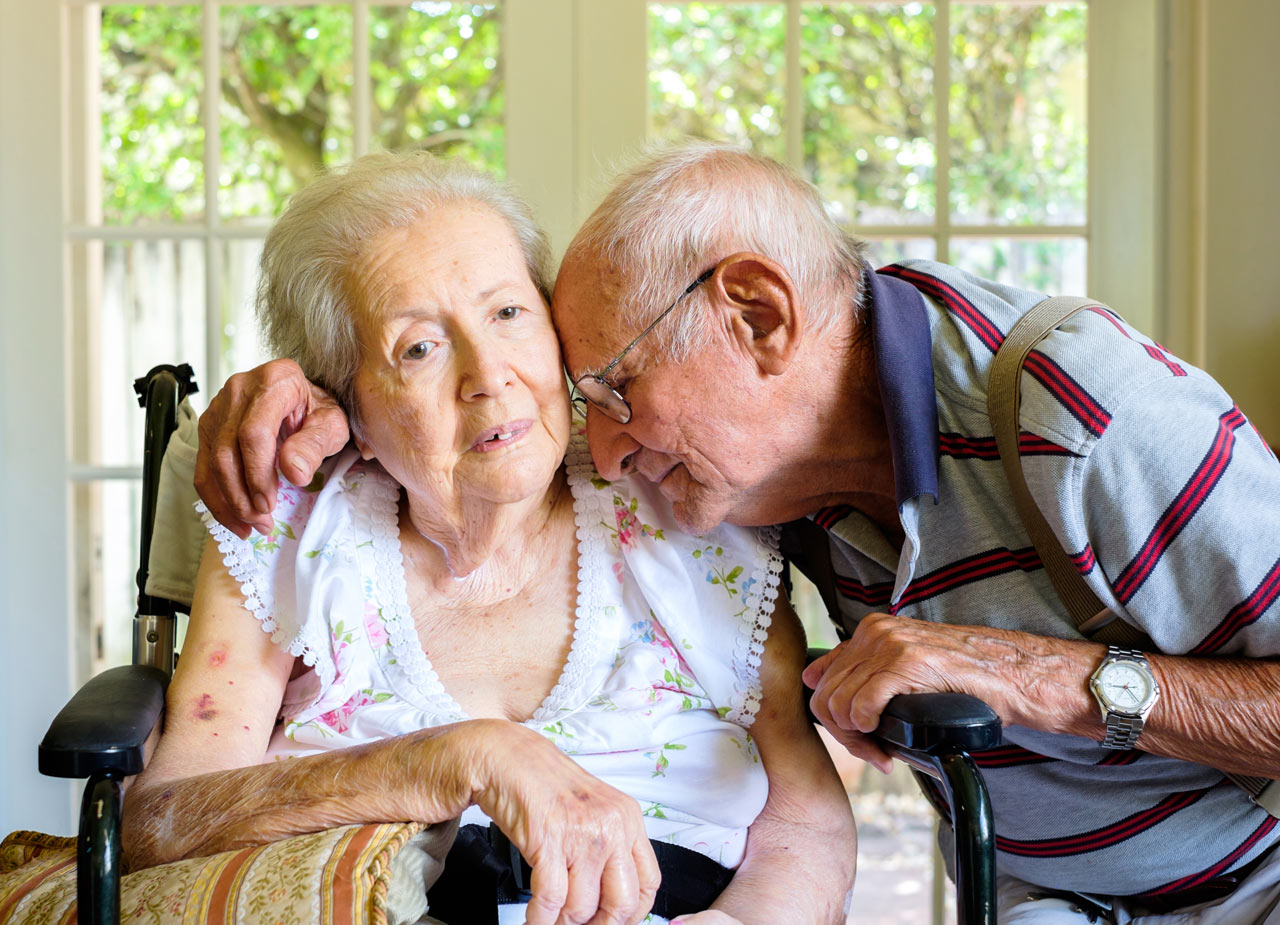Communication always needs improvement. Tools and awareness will certainly empower participants in a dialogue. For seniors, and particularly holocaust survivors, intergenerational communication is especially complex.

A survey by the Metropolitan Jewish Health System Hospice found that:
- Survivors do not talk about their health care wishes with their children. However, at the same time, they rely heavily on them for decisions.
- The children do not want to upset their parents. Therefore, they avoid certain topics of conversation.
- The children of survivors tend to be overly protective of their parents.
- The caregiving burden often becomes overwhelming for the children.
Where is this coming from? The children and even their children (the grandchildren) feel very responsible for the survivor who has already suffered so much. They therefore want to protect them from more suffering. This often means that very well intentioned adult children do not share diagnoses and acuity of medical conditions with their parents.

The children identify very closely with the loved one’s pain and loss. The research indicates that their development of separate identities is often delayed as a result. These frequently come up at key life transitions as the survivor overly identifies with his or her parent at the expense of his spouse and children.
The members of the second generation are surrounded by death throughout their lives just by living with their parents. This often reaches the stage of traumatization by the child. This is called vicarious trauma.
Paradoxically, these children of survivors never experienced the death of an aging relative and thus may have trouble accepting natural death as part of the life cycle. Letting go and mourning a passing may be difficult for them.

The survivor himself may be emotionally distant or over reactive to certain triggers. This complicates communication so that real open communication is hard to accomplish.
All of this makes the end of life decision-making process particularly difficult. Prolonging life at all costs for someone who beat the odds seems important for the children. Furthermore, the Jewish tradition values preservation of life. Quality of life is certainly a factor. Many children of survivors consult their rabbis as they make decisions on end of life.
If you would like to get in touch with us to talk about home care for your self or a loved on, we have a dedicated service with specially trained Caring Companions here.
The Holocaust program is run in conjunction with two other groups. Their program is open to all people who fled or suffered Nazi persecution. This means not just concentration camp survivors but people who were forced to relocate to other countries during the war years. This specialty program is funded through a variety of sources coordinated by the Conference on Jewish Material Claims Against Germany.
Other articles on home care and seniors you might be interested in:
- Do’s and Don’ts for Conversing with a Dementia Patient
- Finding the Balance: Respectful Caregiving and Decision-Making for Aging Parents
- Insights on Aging from an Expert Geriatrician
- The Empty Vessel Model of Care
- So, You Want to be a Paid Caregiver in the CDPAP Program?
- The Realities of CDPAP
- Why is my Mother’s Personality Changing?






